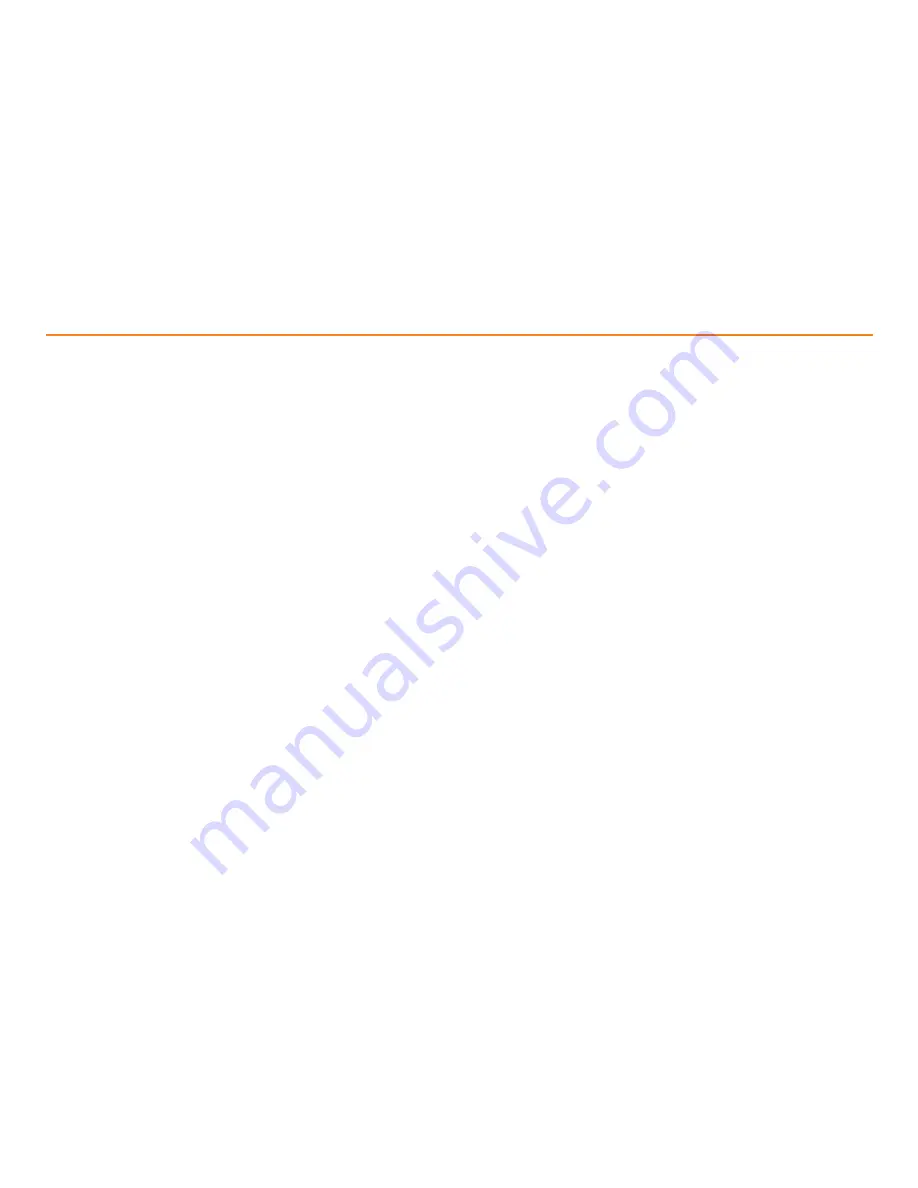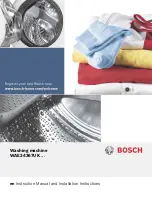
List of contents
Principal parts of the machine ............................................................................ 2/3
Accessories ........................................................................................................ 4
Extension table ................................................................................................... 5
Accessory tray .................................................................................................... 6
Connecting machine to power source ................................................................ 7
Changing the light bulb ....................................................................................... 8
Presser foot lifter ................................................................................................ 9
Adjusting presser foot pressure .......................................................................... 9
Attaching the presser foot holder/presser foot/seam guide ................................ 10
Winding the bobbin ............................................................................................. 11
Inserting the bobbin ............................................................................................ 12
Inserting and changing needle ........................................................................... 13
Threading the upper thread ................................................................................ 14
Thread tension ................................................................................................... 15
Raising the bobbin thread .................................................................................. 16
Reverse sewing .................................................................................................. 17
Changing sewing directions ............................................................................... 17
Removing your work ........................................................................................... 17
Cutting the thread ............................................................................................... 17
Matching needle/ fabric/ thread .......................................................................... 18
How to choose your stitch .................................................................................. 19
Straight stitching ................................................................................................ 20
Zigzag stitching .................................................................................................. 21
Overcasting stitches ........................................................................................... 22
Buttonholes ........................................................................................................ 23
Zippers and piping .............................................................................................. 24
3-step zigzag stitch ............................................................................................. 25
Straight stretch stitch and Stretch triple zigzag stitch ........................................ 26
Free-motion darning ........................................................................................... 27
Darning ............................................................................................................... 28
Free-motion monogramming and embroidering ................................................. 29
Quilting ............................................................................................................... 30
Twin needle (Optional) ....................................................................................... 31
Maintenance ....................................................................................................... 32
Troubleshooting guide ........................................................................................ 33






































